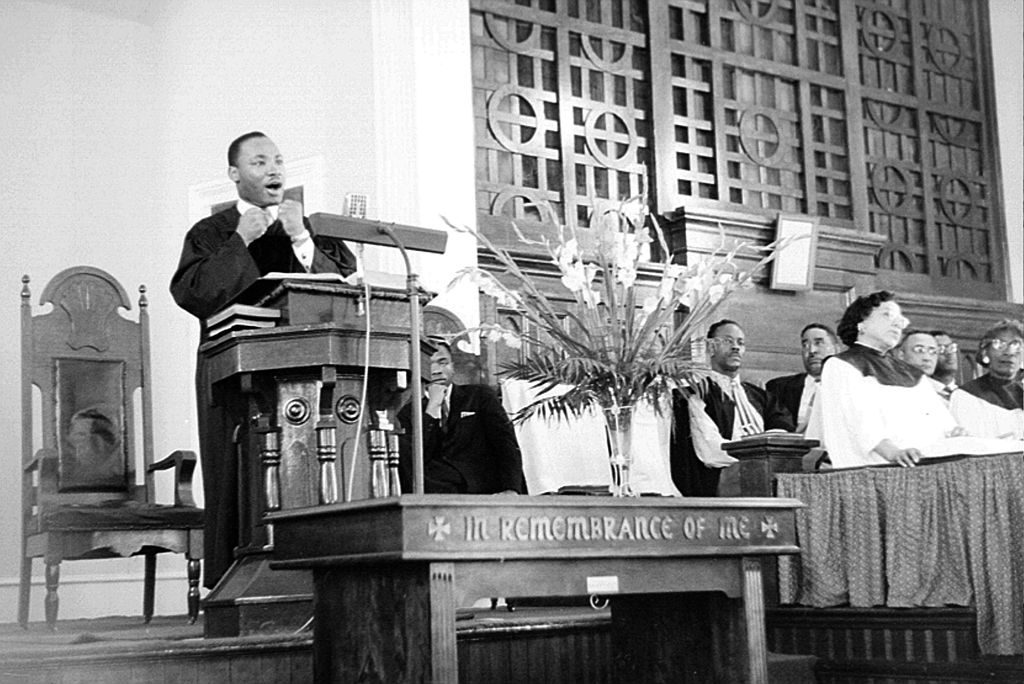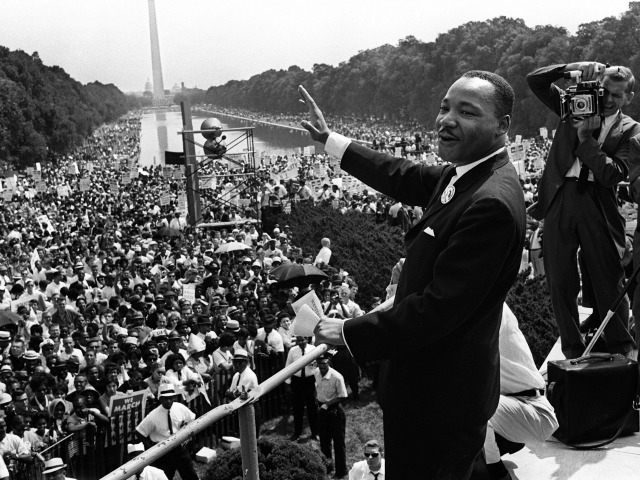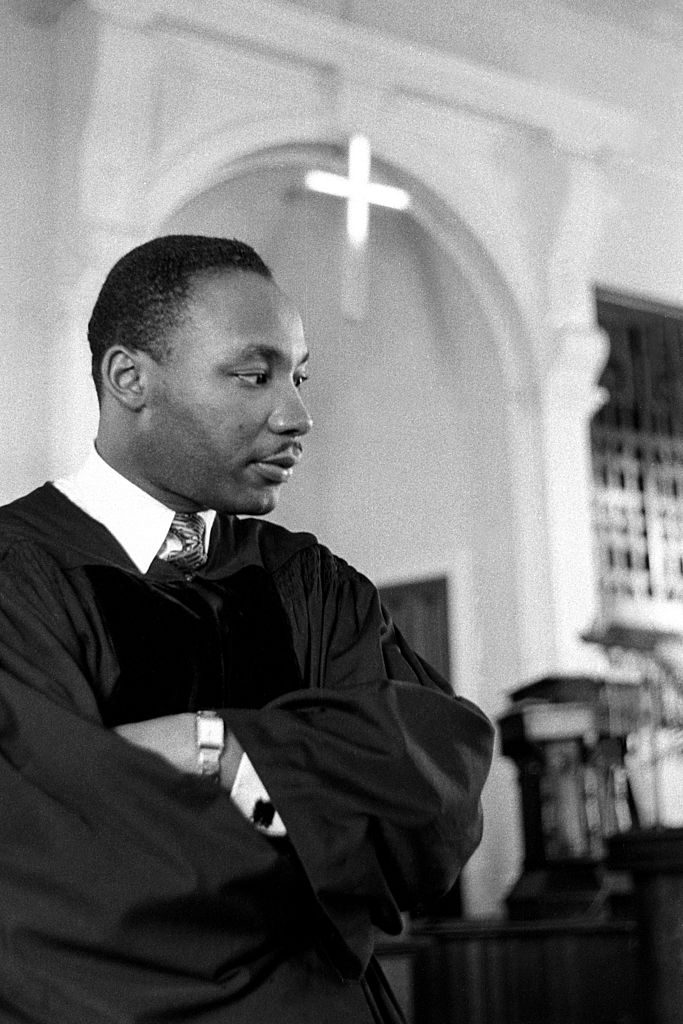The president of the U.S. Conference of Catholic Bishops (USCCB) has urged admirers of Rev. Martin Luther King Jr. to imitate his nonviolent methods of pursuing justice.
As we recall the witness and legacy of Rev. Martin Luther King, Jr., let us remember “not only the justice that he pursued, but how he pursued it,” writes Los Angeles Archbishop José Gomez in the wake of two years of protests for racial justice that often turned violent and divisive.
In his text in preparation for Monday’s commemoration of Martin Luther King Jr. Day, the archbishop also stresses Rev. King’s veneration of the American founding and the vision the founding fathers had for the nation.
“Rev. King was driven by the biblical vision of righteousness and truth, a vision that he understood to be reflected in our nation’s founding documents,” the archbishop writes. “He believed in what he called the ‘American creed,’ the belief expressed by our founders that all men and women are created equal and endowed by God with a sacred dignity and undeniable rights to life, liberty, and equality.”
“More than a half-century after his death, America faces many challenges — this ongoing pandemic, issues of economic inequality and racial discrimination, violence in our communities, the struggle to welcome immigrants and refugees,” Gomez adds. “In recent years, our nation has also become more polarized and our divisions angrier.
“As we look to our future, let us continue to draw from Rev. King’s wisdom, especially his commitment to the Beatitudes of Jesus, and the principles of nonviolence and love for our enemies,” the archbishop adds.

Civil rights leader Reverend Martin Luther King, Jr. delivers a sermon on May 13, 1956 in Montgomery, Alabama. (Michael Ochs Archives/Getty)
In his Letter from a Birmingham Jail, “Rev. King reminds us that we are brothers and sisters, part of a beautiful web of relationships of mutual care, each of us depending on others as others depend on us,” Gomez notes. “’Injustice anywhere is a threat to justice everywhere,’ he wrote. ‘We are … tied in a single garment of destiny. Whatever affects one directly, affects all indirectly.’”
The archbishop closes by urging the “same spirit of fraternity and solidarity” in continuing his work for equality and justice.
“As we remember Rev. King, let us continue to learn from him and imitate his example and prophetic witness,” he concludes.


COMMENTS
Please let us know if you're having issues with commenting.